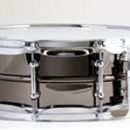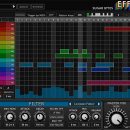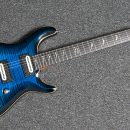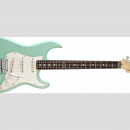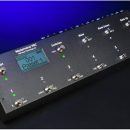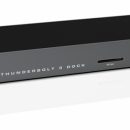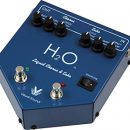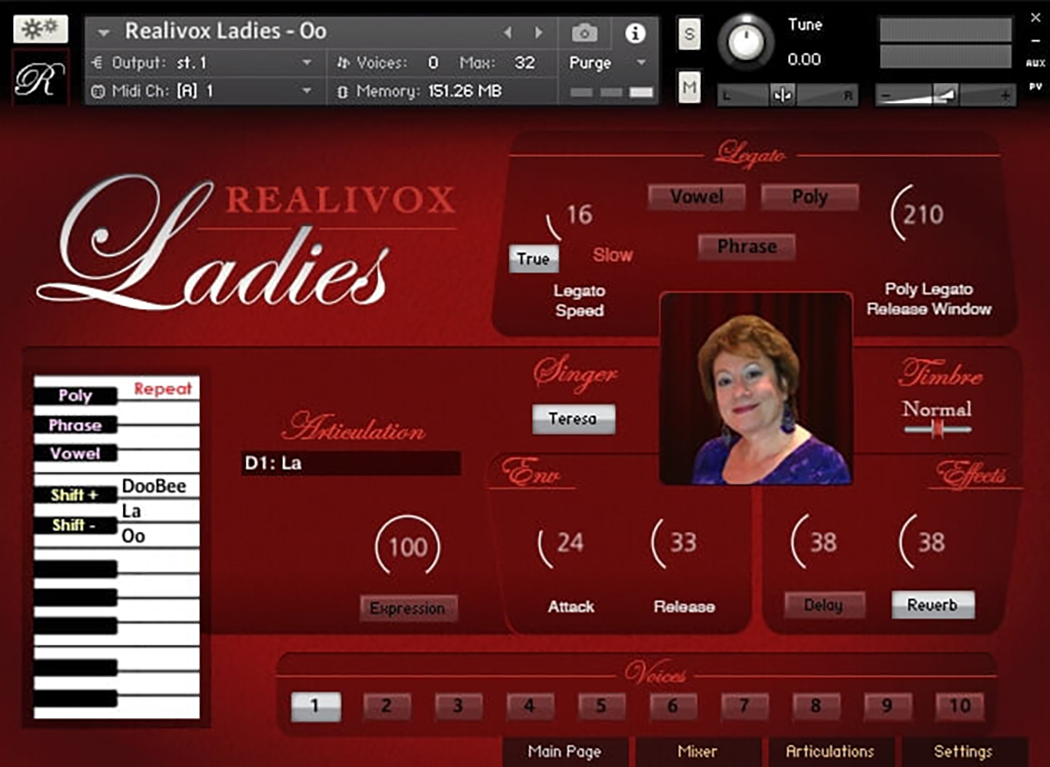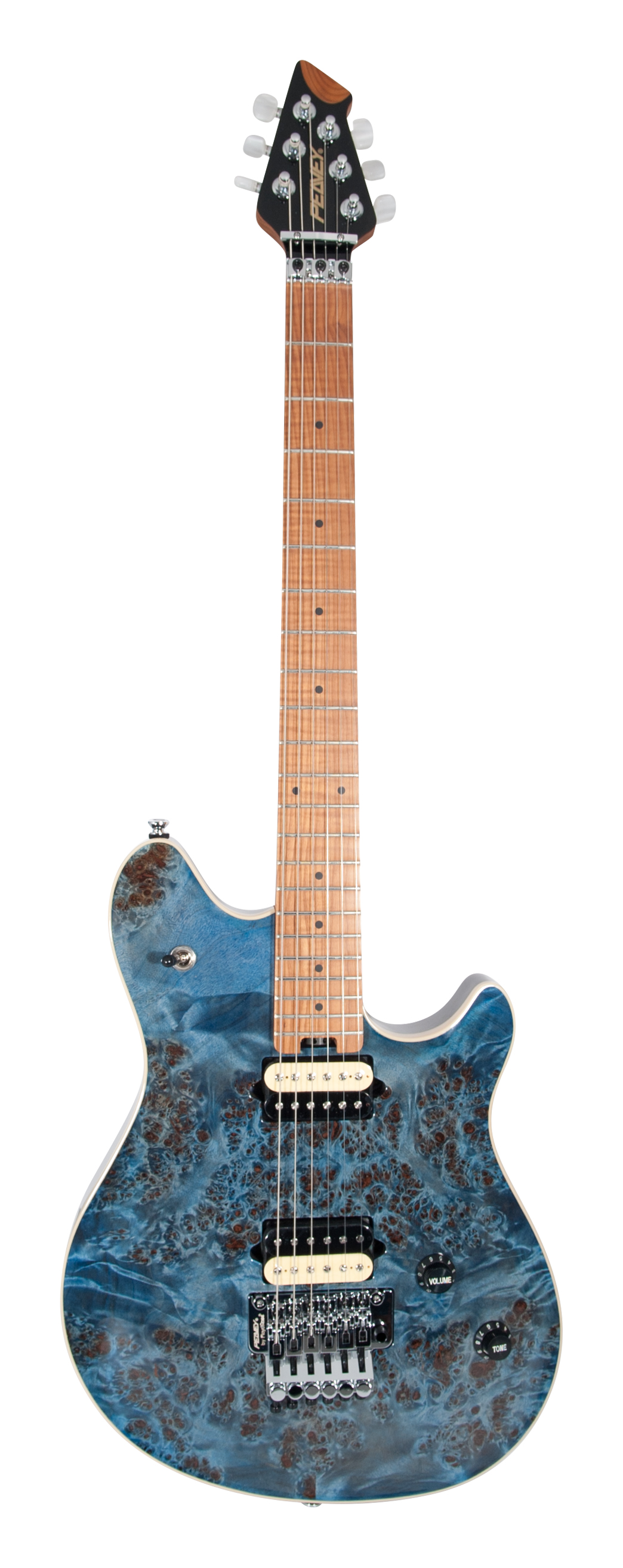The Sennheiser Digital 6000 microphone system is shipping now
 Wedemark, Germany, March 1, 2017 – Digital 6000, the latest member of Sennheiser’s professional wireless microphone range, is shipping now. Incorporating the acclaimed Long Range transmission mode and proprietary audio codec from Sennheiser’s top-of-the-range Digital 9000 series, Digital 6000 delivers impeccable RF wireless and audio performance. At the same time, the system fulfils the business need of rental companies, theatres, broadcasters and houses of worship for a flexible two-channel wireless solution that allows the use of existing accessory infrastructures. Designed for demanding live productions, Digital 6000 also addresses the challenges of the shrinking UHF spectrum: The system eliminates intermodulation, enabling more channels to operate in less spectrum space. Wedemark, Germany, March 1, 2017 – Digital 6000, the latest member of Sennheiser’s professional wireless microphone range, is shipping now. Incorporating the acclaimed Long Range transmission mode and proprietary audio codec from Sennheiser’s top-of-the-range Digital 9000 series, Digital 6000 delivers impeccable RF wireless and audio performance. At the same time, the system fulfils the business need of rental companies, theatres, broadcasters and houses of worship for a flexible two-channel wireless solution that allows the use of existing accessory infrastructures. Designed for demanding live productions, Digital 6000 also addresses the challenges of the shrinking UHF spectrum: The system eliminates intermodulation, enabling more channels to operate in less spectrum space.
Tom Vollmers, product manager at Sennheiser: “Digital 6000 is a wireless system that is all about performance. It brings the benefits of the Long Range mode of our benchmark Digital 9000 system to a two-channel receiver, while allowing the use of standard UHF antennas and existing Sennheiser capsules or microphones. Integration into analogue and digital workflows is seamless, and the fact that frequencies can simply be placed in an equidistant grid will help users in congested RF environments a lot.”
The Digital 6000 series comprises a two-channel receiver that is available in two different versions, a bodypack and a handheld transmitter, and a rack-mount 19” charging unit. The receiver’s switching bandwidth of 244 MHz (470 to 714 MHz) is covered by three transmitter versions (470 – 558 MHz, 550 – 638 MHz, and 630 – 718 MHz). Up to eight receiver units can be daisy-chained without the need for an additional antenna splitter; the multi-channel system will work with a single pair of antennas. System latency is 3 milliseconds.
Superior reception, reliable audio
 Reliability has always been a hallmark of Sennheiser wireless systems, and Digital 6000 is no exception: true bit diversity, transmission error correction and additional intelligent error concealment make this a system to rely on. Reliability has always been a hallmark of Sennheiser wireless systems, and Digital 6000 is no exception: true bit diversity, transmission error correction and additional intelligent error concealment make this a system to rely on.
True bit diversity is a diversity technique that ensures a far better reception quality than other diversity techniques, for example switching diversity or true diversity. While the latter either use the RF signal of a single antenna or the audio signal of a single reception path, true bit diversity combines the information content of both reception paths for an optimum signal. A Link Quality Indicator on the receiver informs the sound engineer of any issues.
 If, as in difficult RF environments, the signal should get temporarily corrupted to such an extent that the transmission error correction can no longer repair it, the intelligent error concealment of Digital 6000 sets in. It employs intelligent learning algorithms to replace the corrupted part, enabling Digital 6000 to still transmit flawlessly where other digital systems fail. If, as in difficult RF environments, the signal should get temporarily corrupted to such an extent that the transmission error correction can no longer repair it, the intelligent error concealment of Digital 6000 sets in. It employs intelligent learning algorithms to replace the corrupted part, enabling Digital 6000 to still transmit flawlessly where other digital systems fail.
For data security, a feature that is particularly important for conference and corporate use, Digital 6000 features switchable AES 256 encryption, with the transmitters also supporting the proprietary encryption of the Digital 9000 system.
Uses existing infrastructures and accessories
Digital 6000 has been designed to keep additional investments as low as possible: Existing antenna infrastructures can continue to be used as the system works with standard active and passive wideband UHF antennas, with the highly frequency-selective input filters being contained in the EM 6000 receiver.
 The Digital 6000 transmitters use the same high-performance rechargeable accupacks as their Digital 9000 counterparts. The SKM 6000 handheld transmitter features Sennheiser’s standard capsule interface – it can therefore be used with any microphone head from the evolution wireless Series, the 2000 Series, and also with the special 9000 Series heads. The Digital 6000 transmitters use the same high-performance rechargeable accupacks as their Digital 9000 counterparts. The SKM 6000 handheld transmitter features Sennheiser’s standard capsule interface – it can therefore be used with any microphone head from the evolution wireless Series, the 2000 Series, and also with the special 9000 Series heads.
The SK 6000 bodypack excels as a high-end solution for wireless instruments such as guitar and bass – or is ready to use with a variety of Sennheiser clip-on microphones and headmics. These include the MKE 1 and the digital-transmission versions of the MKE 2 and MKE 40 clip-on microphones, plus the SL Headmic 1 and the HSP 4 headmic as well as the upcoming digital-transmission version of the HSP 2.
Ease of use for the engineer
In addition to making it possible to plan frequencies simply in an equidistant grid, Digital 6000 is fitted with an automatic frequency set-up function to make the job of the monitor engineer or dedicated RF engineer easier. As usual, the Sennheiser Wireless Systems Manager (WSM) software can be employed to control and monitor the wireless system.
The receiver’s operating controls have been modeled on the well-known EM 3732 to ensure straightforward operation. A new, user-friendly menu control with a bright, white OLED display gives a quick overview of the RF signal, link quality, audio signal, battery status, frequency, transmitter name and encryption. Several home screens provide easy access to further information, without the user having to navigate through submenus. Critical operating conditions and error messages are directly indicated on the display.
Smart charging solution
The series’ L 6000 charging unit is a 19”/1U mainframe device that can be fitted with up to four charging modules as required, each of which recharges two bodypack or two handheld batteries, respectively. Three-coloured LEDs on the front panel give a quick overview of the charging process for each battery, while two additional LEDs monitor the device status. More detailed information as well as additional parameters such as battery runtime, charging cycles and remaining capacity can be accessed via the Wireless Systems Manager. The L 6000 charging unit can also be used for Digital 9000.
Seamless workflows
Digital 6000 integrates seamlessly into digital or analogue system infrastructures. The EM 6000 receiver is fitted with a digital AES-3 output with wordclock in/out, high-quality transformer-balanced analogue XLR-3 outputs and ¼” (6.3 mm) jack outputs. Its Dante counterpart, the EM 6000 Dante offers an additional Amphenol RJ-45 connector for integration into a Dante network.
|
|
|
Wedemark, Germany, March 1, 2017 – Digital 6000, the latest member of Sennheiser’s professional wireless microphone range, is shipping now. Incorporating the acclaimed Long Range transmission mode and proprietary audio codec from Sennheiser’s top-of-the-range Digital 9000 series, Digital 6000 delivers impeccable RF wireless and audio performance. At the same time, the system fulfils the business need of rental companies, theatres, broadcasters and houses of worship for a flexible two-channel wireless solution that allows the use of existing accessory infrastructures. Designed for demanding live productions, Digital 6000 also addresses the challenges of the shrinking UHF spectrum: The system eliminates intermodulation, enabling more channels to operate in less spectrum space.
Reliability has always been a hallmark of Sennheiser wireless systems, and Digital 6000 is no exception: true bit diversity, transmission error correction and additional intelligent error concealment make this a system to rely on.
If, as in difficult RF environments, the signal should get temporarily corrupted to such an extent that the transmission error correction can no longer repair it, the intelligent error concealment of Digital 6000 sets in. It employs intelligent learning algorithms to replace the corrupted part, enabling Digital 6000 to still transmit flawlessly where other digital systems fail.
The Digital 6000 transmitters use the same high-performance rechargeable accupacks as their Digital 9000 counterparts. The SKM 6000 handheld transmitter features Sennheiser’s standard capsule interface – it can therefore be used with any microphone head from the evolution wireless Series, the 2000 Series, and also with the special 9000 Series heads.



